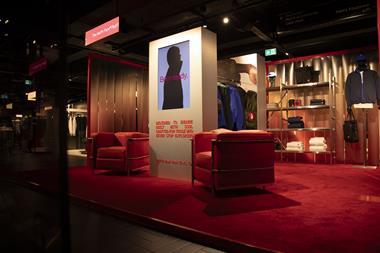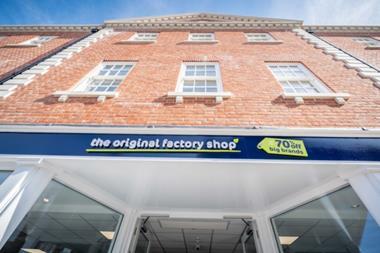Rose revealed on Monday that he would step up to become executive chairman from June, along with changes to other directors’ responsibilities, prompting a storm of protest from some shareholders and governance watchdog Pirc.
Rose maintained that the right decision had been made and that the company’s shareholders would be well served. He argued that opponents of the new arrangements were concerned about its wider implications in the City, rather than anything specific to M&S.
“What they’re worried about is creep – if it happens at M&S, where will it happen tomorrow? It’s an ideological point.” he said.
“Managers get paid to make decisions. It’s been carefully thought through. M&S has a duty of care to its shareholders and we think we’ve taken the right decision. Time will tell.”
Rose will assume the executive chairmanship when incumbent chairman Lord Burns steps down. Finance chief Ian Dyson is to take on extra retail responsibilities, while food boss Steven Esom and fashion supremo Kate Bostock have been promoted to the board.
The reshuffle was regarded by observers as the start of the race to succeed Rose as chief executive after he leaves M&S in 2011, although an external candidate may still eventually be appointed.
Rose said the new structure “maintains, in a difficult economic climate, a management team with proven expertise and allows them to develop.”
Although some industry observers were supportive of Rose, others feared that the concentration of power in one person’s hands should have been avoided. They recalled the example of former M&S boss Sir Richard Greenbury, who was credited with taking the business to new heights, but whose autocratic leadership eventually contributed to the retailer’s fall from grace in the late 1990s.
If you have any comment to make on this story, click here.
























No comments yet